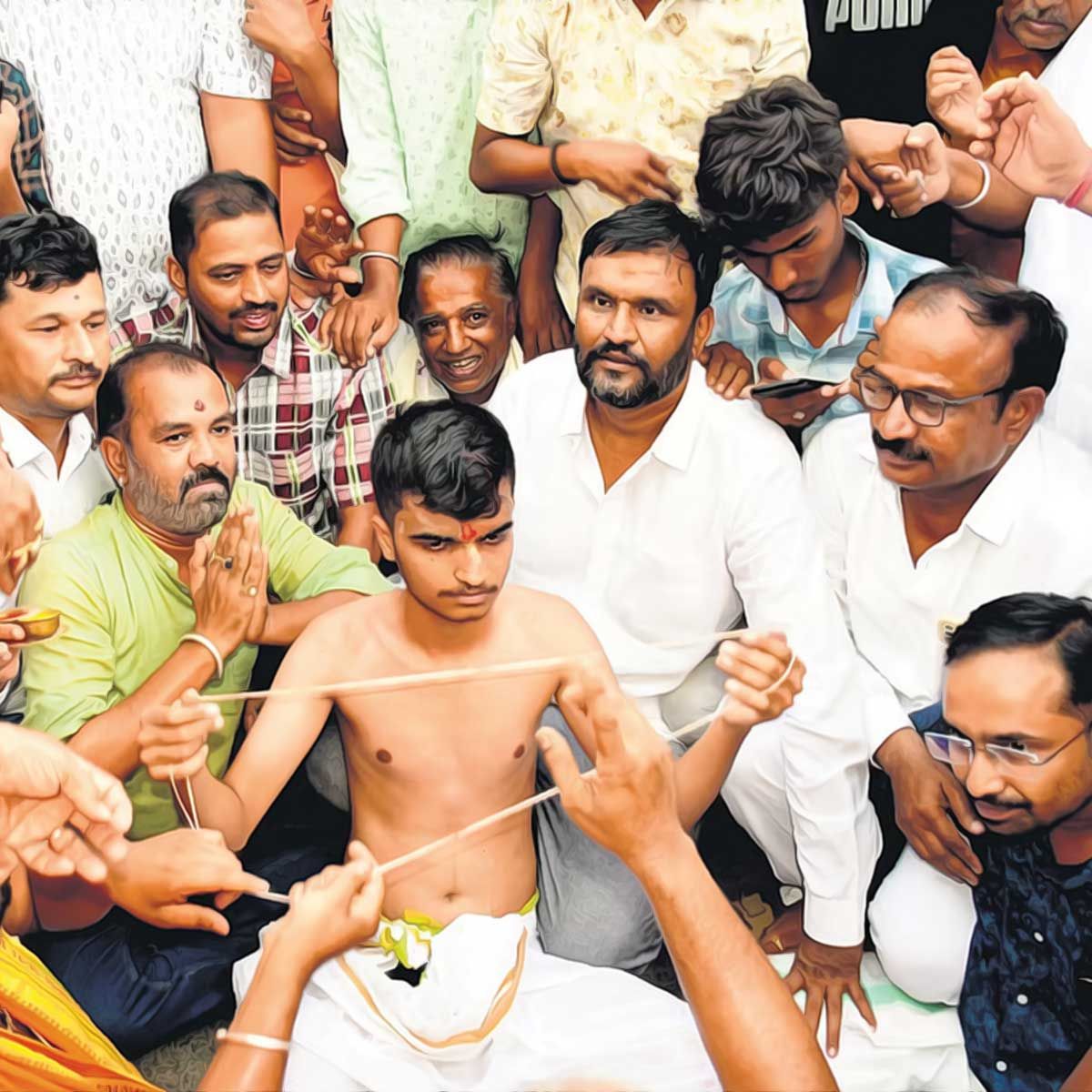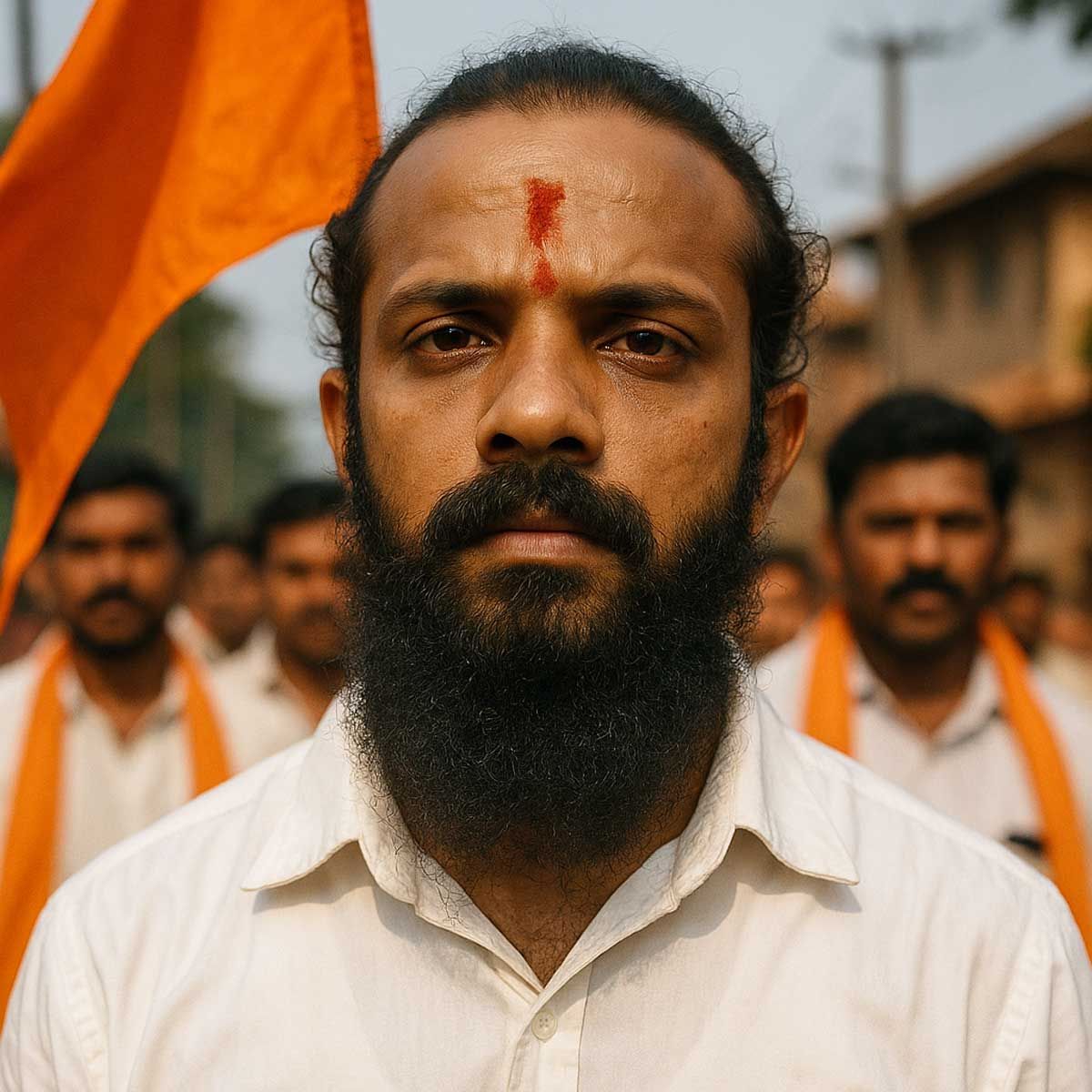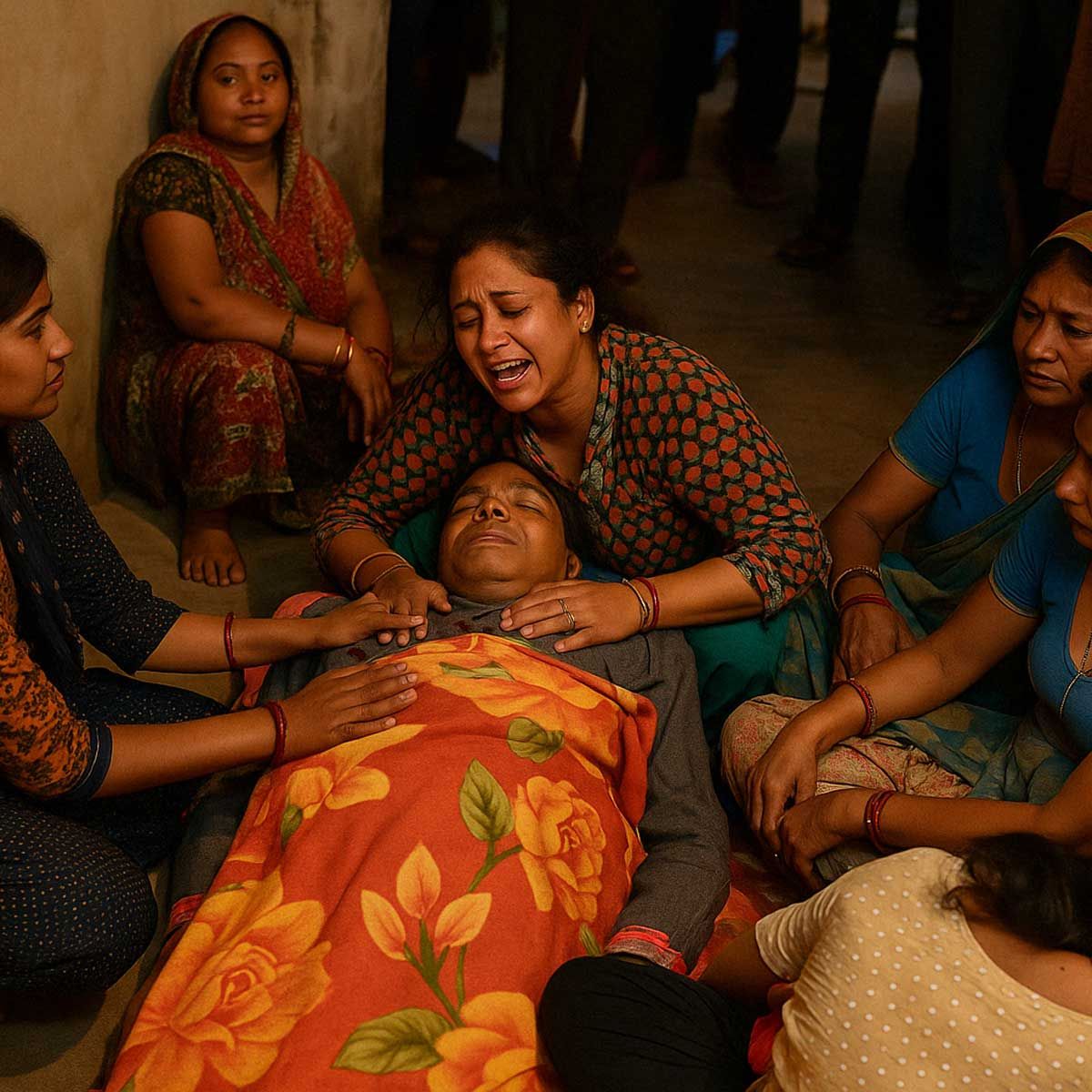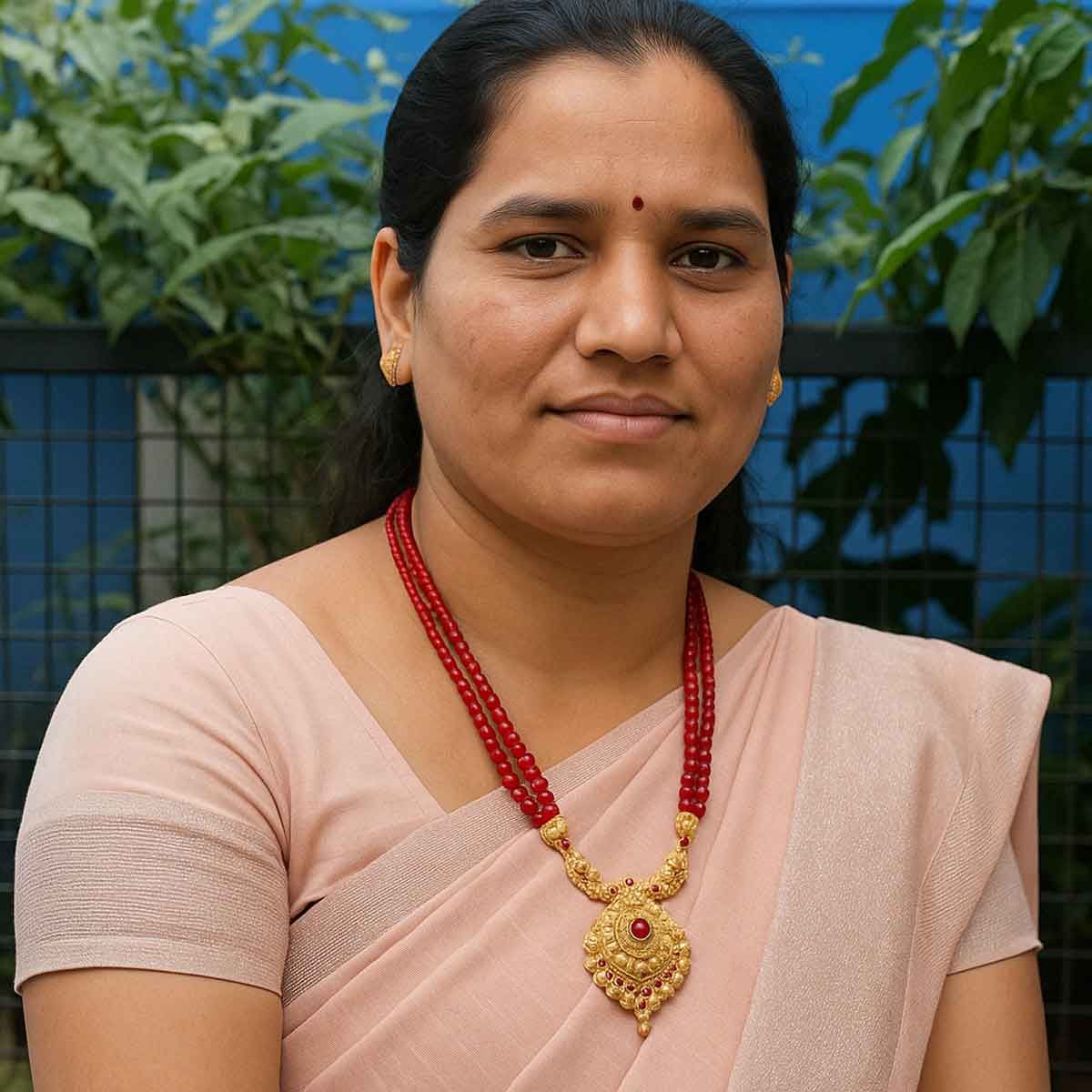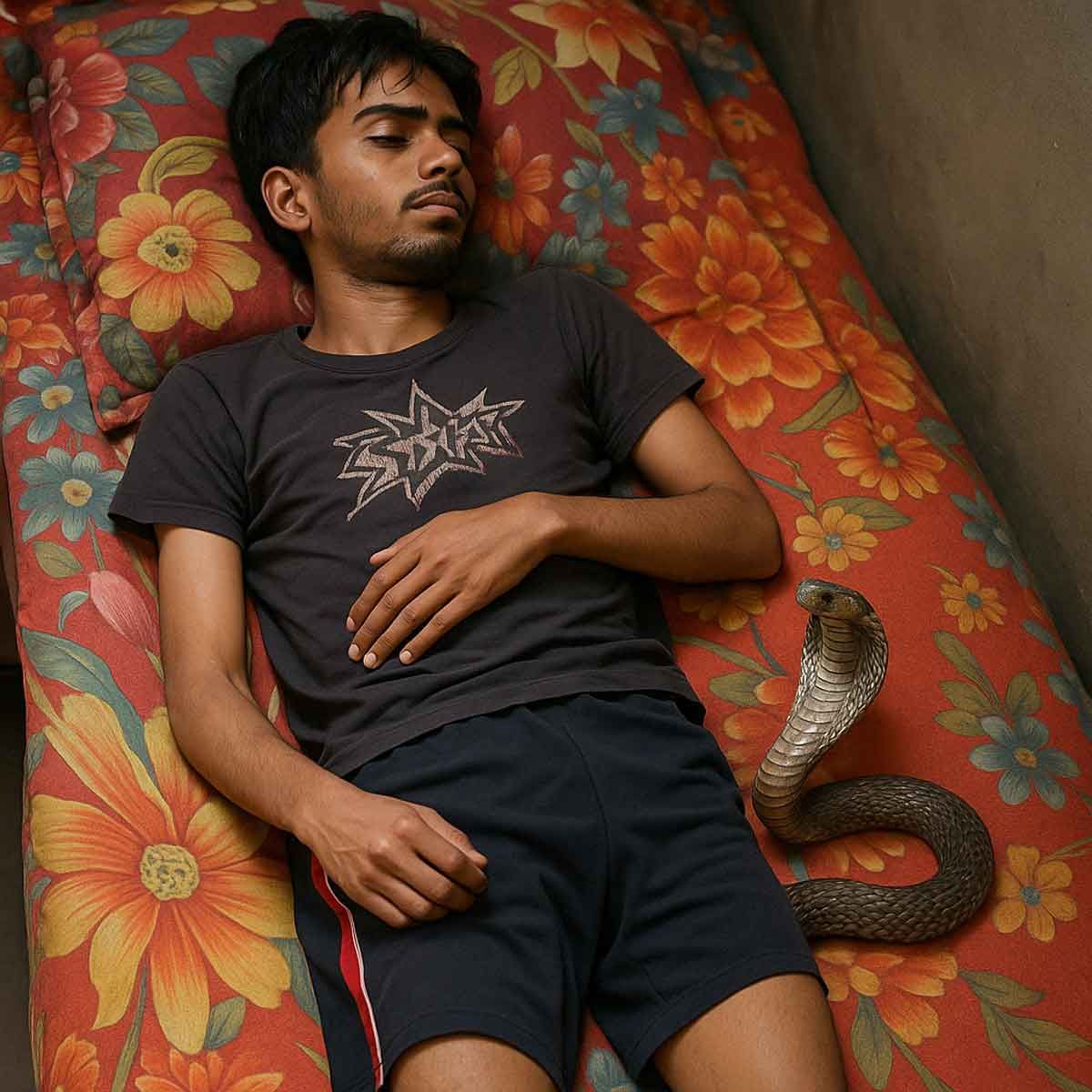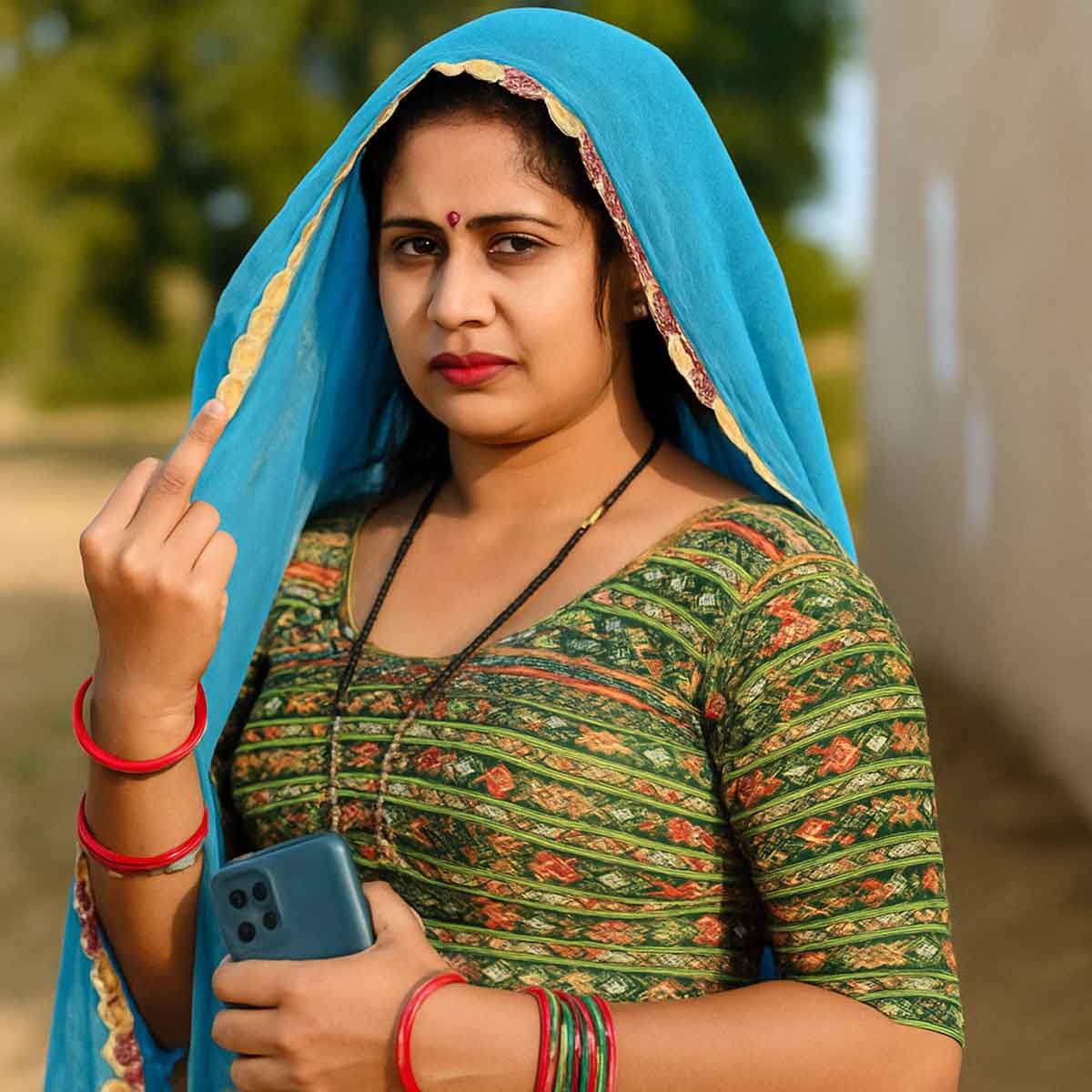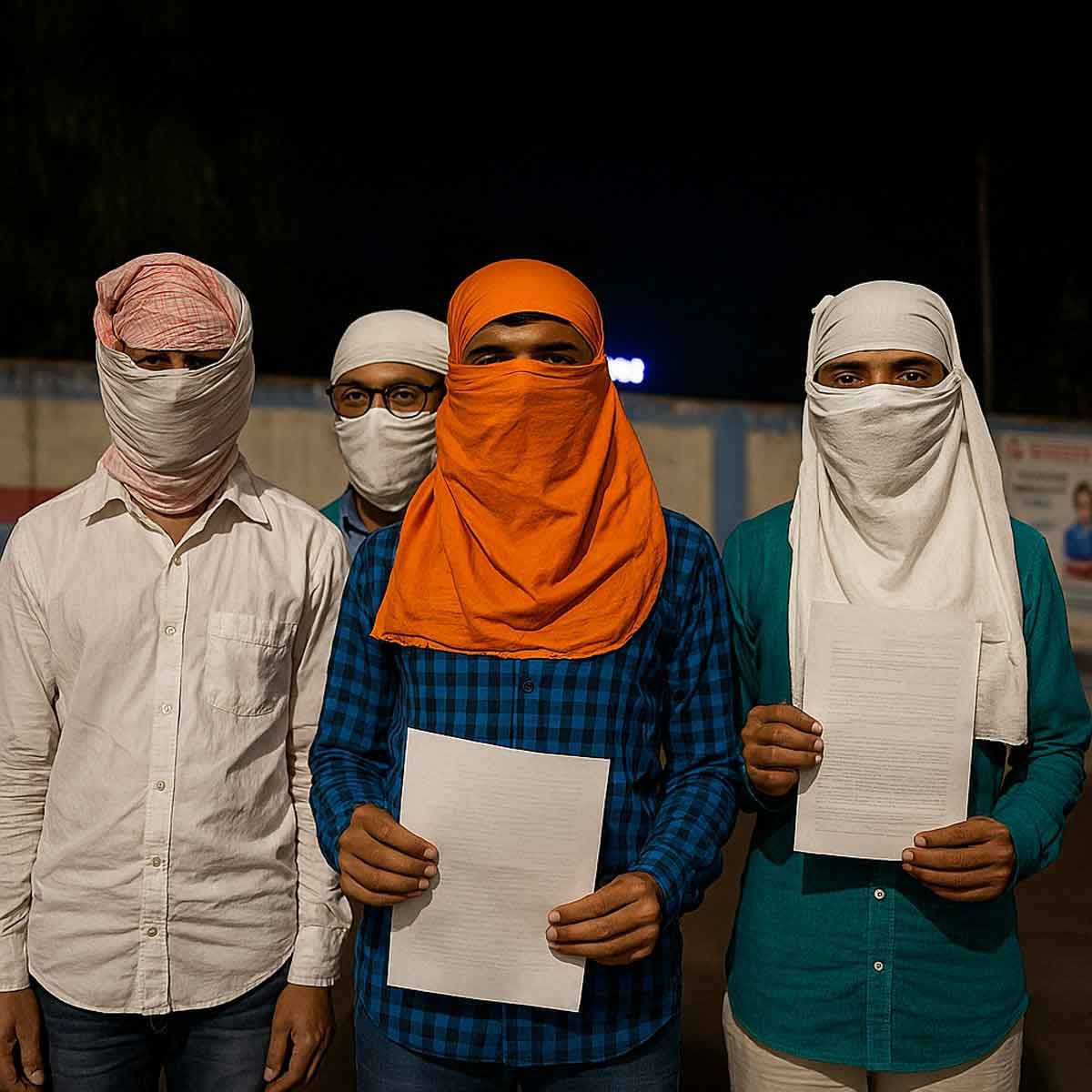More Coverage
Twitter Coverage
Satyaagrah
Written on
Satyaagrah
Written on
Satyaagrah
Written on
Satyaagrah
Written on
Satyaagrah
Written on
JOIN SATYAAGRAH SOCIAL MEDIA
"गीता पाठ तो सुना था, लेकिन": In Ghaziabad's Chitravan Society, Hindu residents label a Quran paath as a "madrasa-in-making," leading to a confrontation where guests allegedly assault the security guard, prompting a police investigation into the incident

In a dramatic turn of events on Sunday night, the 25th of August, a serene high-rise society in Ghaziabad was thrust into turmoil. Reports emerged of a violent altercation involving some individuals who were not residents of the area but had gathered at a woman’s apartment for a religious event known as 'Quran Path'—the recitation of the Quran. This incident has ignited controversy amidst suspicions by other society members regarding the intended use of the apartment.
The sequence of events began when these outsiders, who had congregated in the woman’s flat, assaulted the security guard of the society. The assault reportedly occurred as the outsiders were exiting the premises after the completion of the Quran recitation. The atmosphere in the society, which was usually calm, shifted dramatically as tempers flared. The residents of the society expressed concerns that there was an ongoing effort to covertly transform the woman’s flat into a Madrassa—a type of religious school. According to the residents, this gathering for religious purposes was conducted without the requisite permissions, raising alarms about the misuse of residential spaces for religious gatherings.
As the group of outsiders made their way out of the society, the members attempted to confront them. This confrontation escalated quickly, leading to the assault on both the security guard and several society members. Following this incident, the security guard lodged a formal complaint with the police, prompting them to register a case and begin a thorough investigation into the matter.
|
The incident occurred in the Chitravan Society, which is situated within the jurisdiction of the Crossing Republic Police station in Ghaziabad. The issue garnered additional attention after a tweet describing the situation went viral, claiming that there was an attempt to convert the residential flat into a Madrassa. The society members have strongly objected to the activities being run from the flat without proper authorization, highlighting a growing tension between the residential norms and the use of private dwellings for religious purposes.
Strikingly, a video capturing the gathering inside the flat has started circulating widely on social media platforms. This video showcases individuals, including many children and minors, sharing a meal together within the confines of the apartment. The scene, seemingly convivial, contrasts with the chaotic scenes captured by CCTV at the society’s gate where the altercation occurred.
The woman responsible for organizing the 'Quran Path' at her flat in Chitravan Society explained that her motivation was to pray for her daughter's health, who is currently ill. However, the atmosphere inside the flat, as captured in the viral videos, appeared festive. The footage displayed an array of food items laid out for the attendees, including the minor children. Despite the serious reason behind the gathering, the attendees were seen enjoying the feast, with none appearing visibly concerned or distressed about the girl's health, which seemed contradictory to the event's stated purpose.
The police, upon reviewing the CCTV footage and gathering statements from the residents, confirmed that the woman had indeed invited individuals to her home for the Quran recitation, citing her daughter's illness as the reason. However, the religious activity sparked objections from some society members due to its unauthorized nature.
As the event concluded and the guests began to leave, they were confronted by society members. This confrontation escalated into a verbal and then physical altercation. The Muslim guests reportedly began to assault the society members during this encounter. When the security guard attempted to intervene to restore order, he too was assaulted.
Assistant Commissioner of Police (ACP) Wave City, Poonam Mishra, relayed that a written complaint was filed by the society's security guard on that tumultuous Sunday night. The complaint stated that he had been assaulted by some individuals from another community.
|
ACP Mishra detailed the police response to the tumultuous events at Chitravan Society, emphasizing the thoroughness of the investigation. "Police went to the society and investigated the entire incident, recorded the statements of the people, and then saw the CCTV footage," he stated. The investigation revealed that a woman had organized a Quran recitation event in her flat, intended as a prayer session for her ailing daughter. This gathering included several participants, but it was not sanctioned by the society's management or other residents, leading to objections about the appropriateness of conducting such an event in a residential apartment without prior permission.
Further complications arose as the event concluded. "When the people reciting the Quran started going back after the completion of the event, the security guard stopped them and started asking questions from them," ACP Mishra explained. This interrogation by the security guard led to a confrontation, during which the attendees assaulted the guard. The guard subsequently filed a legal case regarding the assault. The police are conducting a comprehensive review of all aspects of the incident, and ACP Mishra assured that legal action would be pursued based on the outcomes of their investigation.
Additionally, ACP Mishra referenced a recent and related incident that highlighted the sensitive nature of religious activities in the area. A few days prior, an alarming case emerged from the Kavinagar police station area in Ghaziabad, involving the forced religious conversion of a school teacher. Reports indicated that the Human Resources personnel at the same school had influenced and encouraged the teacher to convert to Islam. Following these reports, the police acted swiftly and arrested the accused involved in this conversion case, signaling a robust response to such serious allegations within the community. This backdrop of religious tensions underscores the complexities facing the local police as they navigate the intersections of community relations, religious freedoms, and legal constraints in Ghaziabad.
|
Swati Goel Sharma, a prominent journalist and activist with bylines in publications such as Swarajya, Hindustan Times, and Times of India, and founder of Sewa Nyaya, recently shed light on a contentious incident in a gated residential society in Ghaziabad, near Delhi. According to Sharma, a family organized a Quran paath and invited guests from outside the community, which raised concerns among the predominantly Hindu residents. These residents observed the gathering and voiced apprehensions to the security guard, fearing that the event was a precursor to establishing a madrasa within the residential complex.
Reflecting the residents' concerns, the security guard approached the event organizers and their guests, advising them that such gatherings should receive prior approval. However, the situation escalated when, allegedly, the guests retaliated by assaulting the guard. Following this altercation, the police were notified and a complaint of assault was lodged based on the guard’s account.
This incident has sparked a broader debate, being portrayed by some as a case of ‘Islamophobia’ and bigotry. Critics of the residents' reactions question whether the response would be the same if Hindus conducted their religious ceremonies, like puja-paath, in a similar manner. Sharma contrasts this by pointing out that Hindu religious activities typically do not prompt Hindus to leave the area. In contrast, she argues, visible signs of Muslim practices, such as namaz in open spaces, wearing of skull caps, or consumption of meat, can lead to demographic shifts that cause Hindus to relocate.
Sharma highlights that the phenomenon of Hindu exodus is not limited to India but extends to Hindus in Pakistan and Bangladesh, suggesting that this migration stems from actual lived experiences rather than baseless fears. Her commentary brings to the forefront the complex interplay of religious practices, community responses, and demographic changes, situating the incident within broader discussions of religious coexistence and societal dynamics in the region.
When exploring the terminology used for religious recitations, it becomes clear that cultural and linguistic contexts play significant roles in how these terms are perceived and used. The term "Geeta Path" is widely recognized within Hindu culture, referring specifically to the reading or recitation of the Bhagavad Gita, a foundational scripture in Hinduism. This practice is deeply embedded in the religious and cultural traditions of Hindu communities.
Similarly, the recitation of the Quran, the holy book of Islam, holds a central place in Muslim religious practices. It is commonly referred to as "Quran recitation" or "Quran Tilawat" in many languages, including Urdu and Hindi, which are prevalent among Muslim communities in South Asia. The word "Tilawat" specifically denotes the act of reciting, and is the term traditionally and widely used when referring to the recitation of the Quran.
The use of the term "Quran Path" is less common and somewhat atypical, as "Path" is derived from Sanskrit—a language historically associated with Hinduism and its scriptures like the Gita, Ramayana, or Vedas. The application of "Path" in the context of Quran recitation might be less familiar or recognized due to its strong associations with Hindu religious practices and terminology. This linguistic crossover is less traditional and illustrates how religious terms can vary based on regional, cultural, and linguistic influences, shaping the way religious practices are described and understood in different communities.
 Support Us
Support Us
Satyagraha was born from the heart of our land, with an undying aim to unveil the true essence of Bharat. It seeks to illuminate the hidden tales of our valiant freedom fighters and the rich chronicles that haven't yet sung their complete melody in the mainstream.
While platforms like NDTV and 'The Wire' effortlessly garner funds under the banner of safeguarding democracy, we at Satyagraha walk a different path. Our strength and resonance come from you. In this journey to weave a stronger Bharat, every little contribution amplifies our voice. Let's come together, contribute as you can, and champion the true spirit of our nation.
 |  |  |
| ICICI Bank of Satyaagrah | Razorpay Bank of Satyaagrah | PayPal Bank of Satyaagrah - For International Payments |
If all above doesn't work, then try the LINK below:
Please share the article on other platforms
DISCLAIMER: The author is solely responsible for the views expressed in this article. The author carries the responsibility for citing and/or licensing of images utilized within the text. The website also frequently uses non-commercial images for representational purposes only in line with the article. We are not responsible for the authenticity of such images. If some images have a copyright issue, we request the person/entity to contact us at satyaagrahindia@gmail.com and we will take the necessary actions to resolve the issue.
Related Articles
- "Ethical decisions ensure that everyone's best interests are protected. When in doubt, don't": Total of 6,436 madrasas identified unrecognized in the state so far as per State Minority Welfare Minister Dharampal Singh, time for survey extended till Oct 20
- All Karachi based Dawat-e-Islami schools in Pilbhit shut down by UP Govt after linkage found with murder of Hindu tailor Kanhaiya Lal from Udaipur, organization was collecting funds using donation boxes for terror funding from places all over the city
- "जंग-ए-अकरम": Mohammad Akram, arrested for orchestrating severe workplace harassment at Axis Bank's Noida office, including forcing Shivani Tyagi to eat non-veg food, tormenting her, and wrongfully terminating her, which led to her tragic suicide
- "बिस्मिल्लाह बोलूंगा, योगी की कुर्बानी दूंगा": Muslim migrant workers in Delhi threatened to "sacrifice" Yogi Adityanath over Ram Mandir, praised Mamata Banerjee for PM 2029, justified Mamata’s failures, and defended communal priorities
- "जीर्णोद्धार": Kanpur Mayor vows to restore 125 ruined temples, including Ram Janki, once used for biryani cooking, and Shiva temples filled with garbage, reclaiming encroached heritage in areas once Hindu-dominated, now largely Muslim-populated
- Innocent Young Muslim children are being taught ‘how to kill Hindus’: Radicalisation, hate, and bigotry are ruining another generation, hundreds of videos on social media where children are seen declaring their desire to kill 'kaafirs'
- "हलाल का हलाला, बेचाला": In a bold move of setting new standards by Yogi Adityanath, UP govt conclusively bans production, storage, sale of ‘Halal certified’ food items with immediate effect, citing violation of the Food Safety and Standards Act
- "या रब सम्भाल": Rakshanda Khan, director of Lakme Academy in Moradabad and a Hindu convert to Islam, pressurizes Hindu students to befriend & marry Muslims; her husband threatens abduction, sparking student revolts, Hindu organizations protests
- "बम्बू कथा": Ata ur Rehman arrested for molesting a woman and issuing death threats; seen limping with police support upon release; concurrently, in Muzaffarnagar, Salman, after following a woman with acid, is also arrested only to coming out limping
- "बोलो येशु येशु": In a striking irony, as Punjab locals embrace Christianity and dream of life in Canada, labourers from UP and Bihar are shunned and saddled with harsh restrictions, tearing at the fabric of the state's famed inclusivity and brotherhood
- Namaz practicing Maulana Jamal Ahmed (52) brutally raped the 8-year-old child who came to study at his Madarsa, makes her swear by the Quran and Allah not to talk about the incident with anyone: Now arrested
- "Every problem has a gift for you in its hands": Prayagraj | Uttar Pradesh Chief Minister Yogi Adityanath will hand over keys to beneficiaries of flats in PM urban housing scheme developed on land confiscated from slain mafia-turned-politician Atiq Ahmad
- Uttar Pradesh Police in action: Prayagraj Violence mastermind Javed Ahmed's house bulldozed by authorities, Javed had executed stone-pelting at police by pushing children in front during violence against Nupur Sharma's remarks on Prophet
- "आशिक़ आवारा": In Pratapgarh, Qadir Musalman fatally stabbed a Hindu woman Jyoti to death, police never intervened despite her father’s repeated earlier complaints, her sister Pushpa's pleas for help were ignored by neighbors; Qadir remains at large
- UP CM Yogi Adityanath Govt forbade Namaz on the roads or public places on Alvida Juma, the last Friday of Ramzan: Religious leaders appeal to Muslims to limit themselves to mosques















